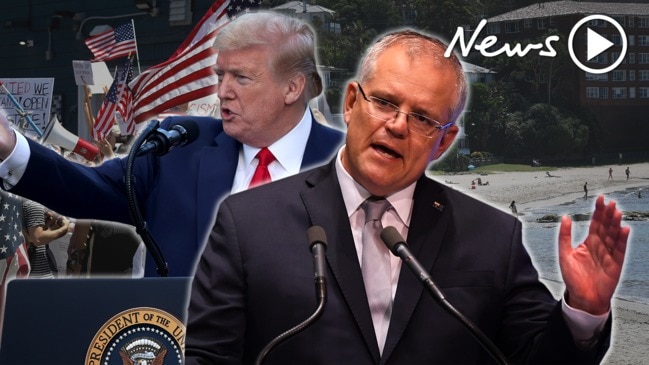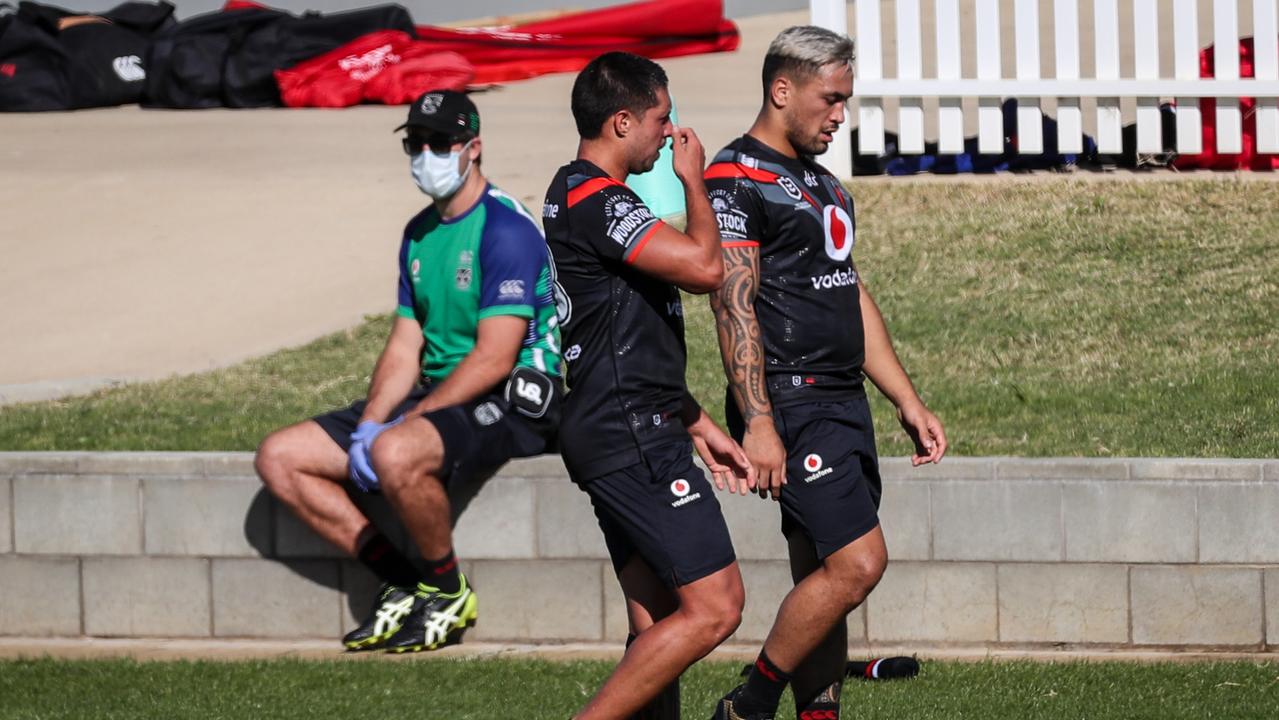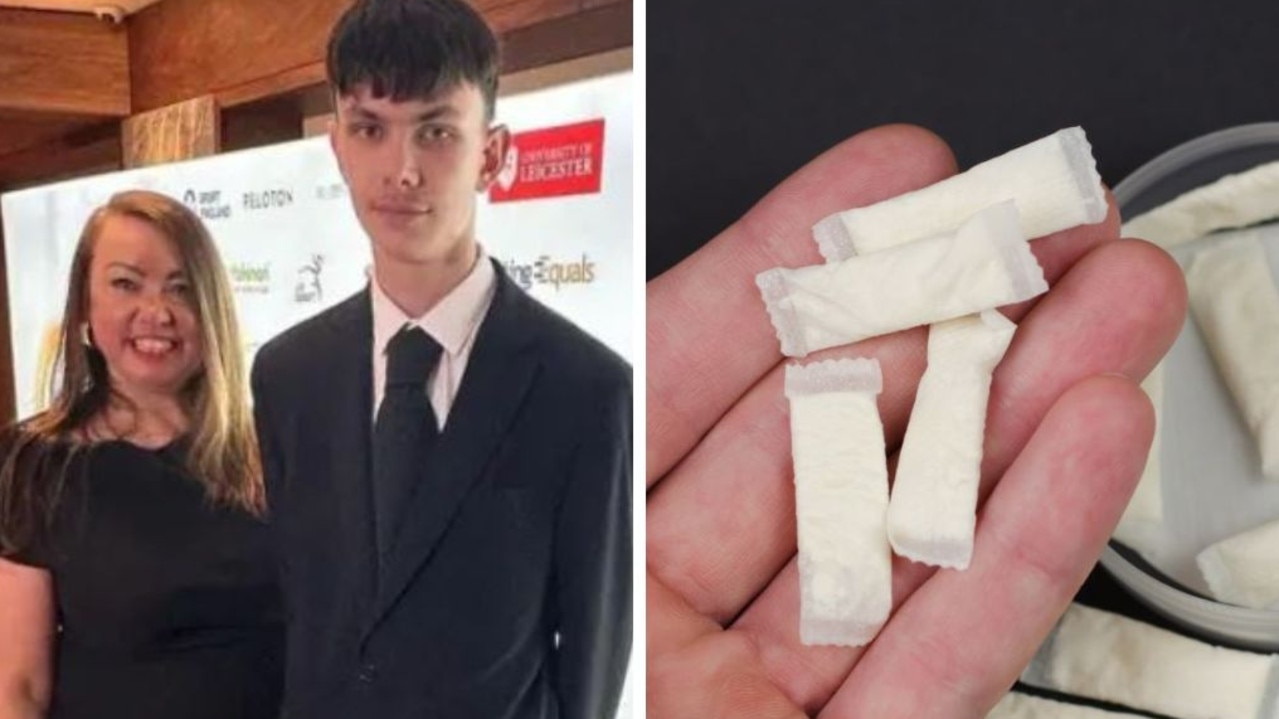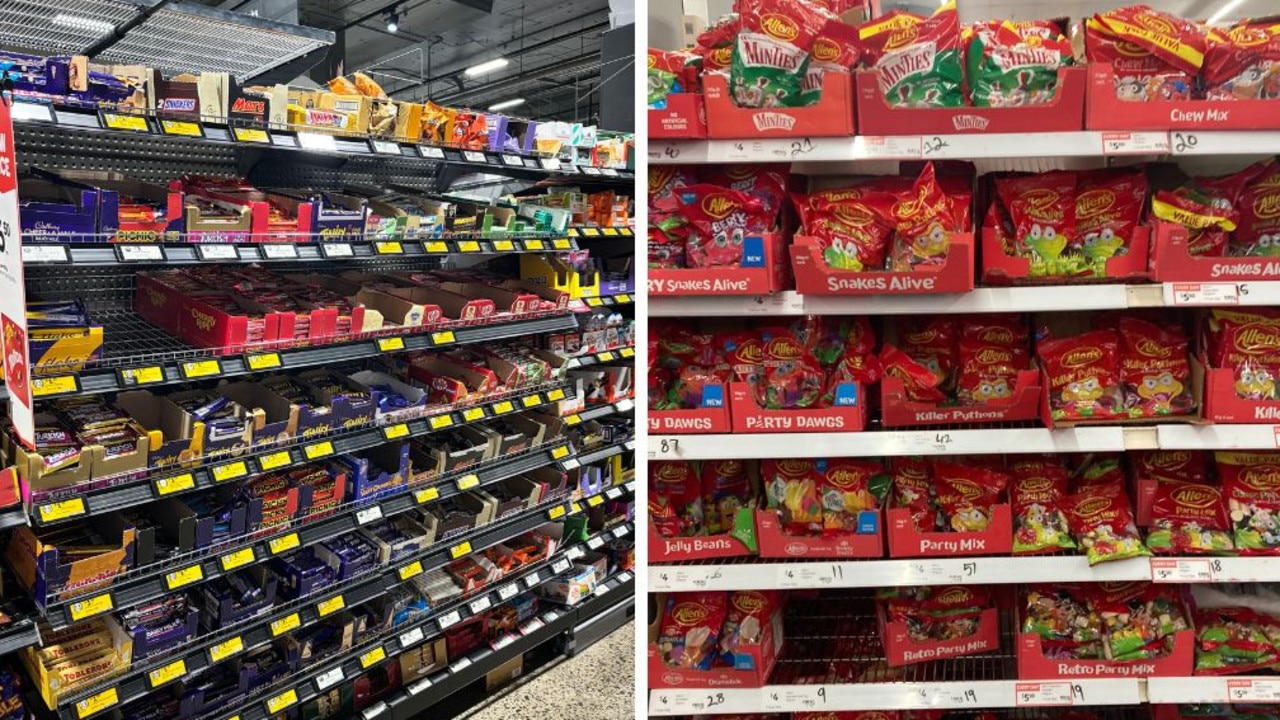The things Australians won’t be able to do again until a COVID-19 vaccine is found
Even once restrictions are lifted, it’s unlikely life will go back to normal in Australia until a vaccine is found. Here’s what we won’t get to do anymore.

Australians are looking forward to life returning to normal but the chief medical officer has listed activities we’ll be unlikely to do until a vaccine is found.
States are beginning to ease restrictions as the numbers of COVID-19 cases remain low but there is still no treatment or cure so Australia will have to continue to be careful to control its spread.
Chief medical officer Brendan Murphy said once restrictions eased, authorities expected to see more outbreaks but they were hoping to keep these to case numbers of perhaps less than 100.
“That is the sort of thing we know we can manage,” he told reporters on Tuesday.
“We don’t want to have any situation where there is broad transmission over a long period of time where you end up with several hundred cases and a large outbreak.
“That is the sort of thing we are trying to avoid.”
Unless a highly effective treatment is developed, Prof Murphy said social distancing measures would likely be in place until a vaccine is available, which could take up to two years.
“I think it is unlikely that we will be able to have very large, close-packed crowds until we have got rid of this virus,” he said.
“So unfortunately I can’t see 100,000 people packing a grand final of football.
“I wouldn’t want a crystal ball too far ahead but I don’t think we will be shaking hands and randomly hugging and getting crowded in rooms for a long time.”
RELATED: Follow the latest coronavirus updates
RELATED: Australia may have bet on the wrong drug
RELATED: Huge cost of shutting down schools

Prof Murphy was also asked about a “COVID-safe workplace”, as raised by the Prime Minister earlier, and if it meant the end of hot-desking.
He said he believes hot-desking “would have to be done in a different way”.
Workplaces would also have to look at staggered start and finish times.
“We don’t want everybody crowding on public transport at the same time,” Prof Murphy said.
“We don’t want everyone crowding in the lifts at the beginning of the day and the end of the day.”
He said “frequent cleaning” of hot desks and common spaces would also be needed.
“We want cleaning products everywhere,” he said.
“We want staff to have a responsibility for hygiene. Hand sanitiser everywhere. Everybody sanitising their hands.”
Practices like shaking hands or crowding into a small room for a meeting would need to be avoided. Video meetings would need to be held where possible, including if this could be done to avoid interstate travel.
“There is a range of general measures that are all about reducing your close contact with fellow human beings,” Prof Murphy said.




